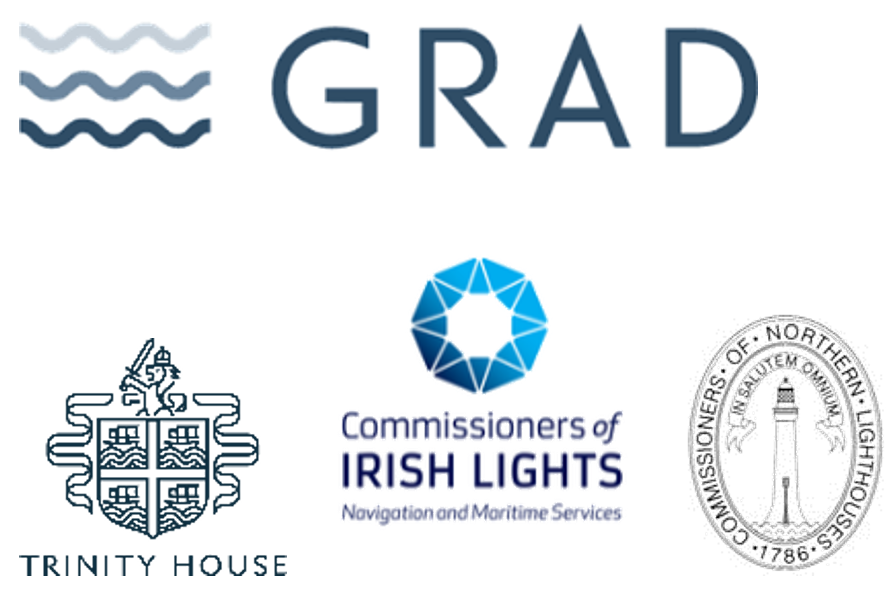Reviewing the Impact of Maritime Autonomous Surface Ships (MASS) on Navigation Services, GRAD, UK & Ireland
Legislation obligates the General Lighthouse Authorities (GLA) to provide marine aids to navigation “…as the volume of traffic justifies, and the degree of risk requires” in and around the UK & Ireland. The GLA have the shared mission to “deliver a reliable, efficient and cost effective [navigation] service for the benefit and safety of all mariners.”
Maritime autonomous surface ships (MASS), enabled by disruptive technologies such as artificial intelligence (AI), have the potential to revolutionise the circumstances on which the GLA operate and raise into question well-established and fundamental terms, such as “mariner”. In addition to their well-documented benefits in, for example, improved safety, reduced environmental impact and enhanced operational efficiency, MASS raise both regulatory and service provision challenges. Amongst other things, these challenges necessitate a re-evaluation of navigational rules, operational concepts, liability chains and the data needed to ensure safe navigation when a vessel is responsible for making its own decisions independent of a human operator.
What we did
Taylor Airey researched the current and planned development of MASS. We investigated technology research, development and innovation projects and programmes, as well as the activities being undertaken by regulators to prepare for the introduction of MASS into international shipping. We also explored the wide range of applications and associated requirements foreseen for MASS, including conventional shipping; short-sea-shipping; novel operational concepts such as platooning; surveying; research; and surveillance and monitoring.
Outcome and Benefit
The study produced a comprehensive but concise report of the developments in autonomous shipping: technology, regulatory and applications to enable the GLA to understand the implications for their aids to navigation services. This will help the GLA develop the strategy for future aids to navigation services in the context of emerging concepts, such as e-Navigation services and the Maritime Connectivity Platform.
“Taylor Airey has consistently provided the GLA with high-quality strategic maritime research inputs based on technical excellence and innovative insights, exemplified by their comprehensive analysis of the future impact of autonomous vessels” – George Shaw, Principal Systems Engineer, GRAD.
Services we offered
Taylor Airey provided the following services to our client
- Technology watch
- Operational and regulatory impact assessment
- Operational concepts and applications



